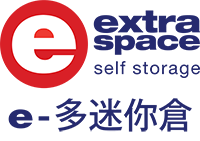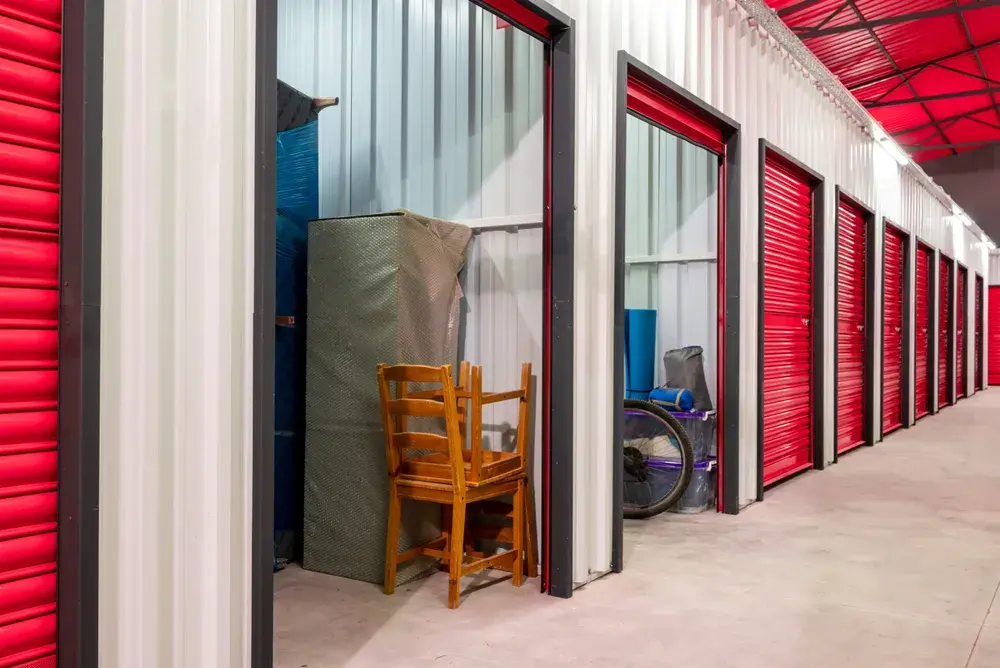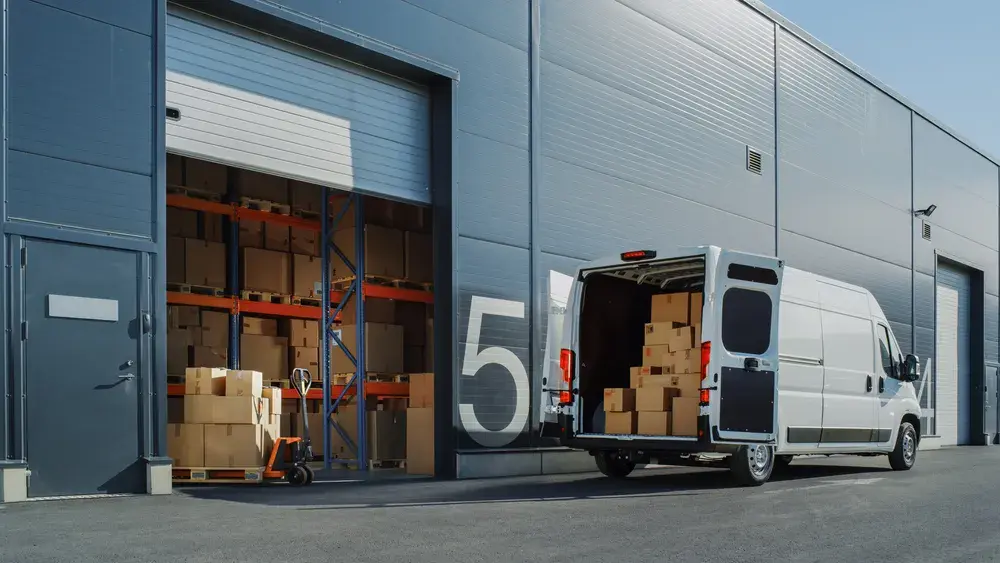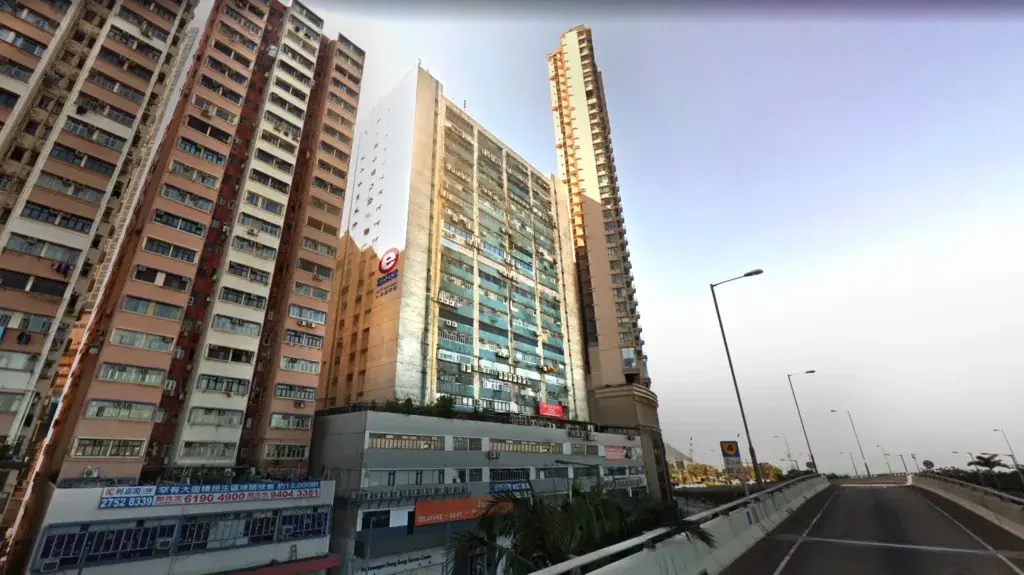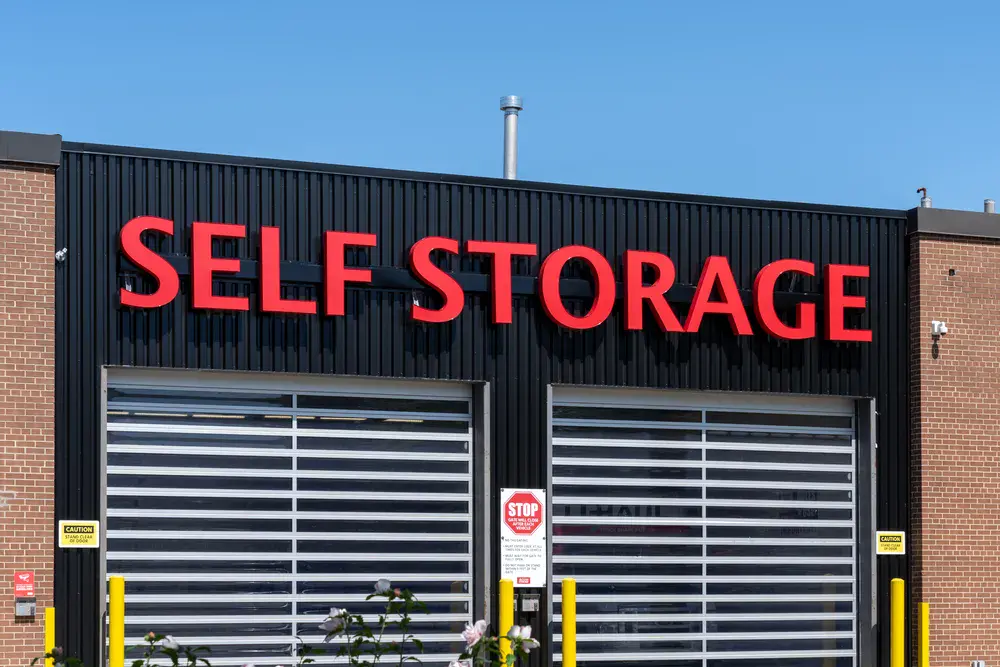
Hong Kong’s dense population and high property prices make space a premium commodity. A studio apartment size in the city typically ranges from 150 to 350 sq. ft., prompting both individuals and businesses to seek external storage solutions. Many face the dilemma of whether to choose self-storage, with flexible, air-conditioned units, or traditional warehousing, which caters to bulk inventory.
This guide explores the key factors to help you decide: comparing cost, convenience, security, and flexibility. Whether you’re an expat, student, SME, or wholesaler, understanding these differences ensures you pick the right storage option for your needs.
Key Takeaways
- Self-storage in Hong Kong is cost-effective, flexible, and secure, ideal for individuals, students, expats, and SMEs.
- Traditional warehousing is best suited for wholesalers, logistics firms, and manufacturers that handle large quantities of inventory.
- Extra Space Hong Kong combines convenience, air-conditioned facilities, and flexible contracts, making it a trusted choice for anyone seeking reliable storage space in Hong Kong.
Understanding Your Storage Options
What Is Self-Storage?
Self-storage provides flexible and secure space for both individuals and businesses who need extra room without committing to a warehouse. Units are available in different sizes and can be rented on short-term contracts.
Key Features of Self-Storage:
- Small to medium-sized units
- Flexible monthly rentals
- 24/7 access in most facilities
- Air-conditioned and humidity-controlled options
- Enhanced security with CCTV and card access
Best For:
- Individuals and families (moving, renovating, relocating)
- Students and expats needing temporary storage
- SMEs and startups with limited office space
What Is Traditional Warehousing?
Traditional warehousing is designed for businesses that require large-scale storage of goods, raw materials, or imports. These facilities cater to heavy inventory and logistics needs, typically under long-term lease agreements.
Key Features of Warehousing:
- Large spaces for bulk goods
- Loading docks and pallet racking systems
- Forklift and logistics support
- Long-term contracts (1 to 3 years or more)
- Suitable for high-volume storage
Best For:
- Wholesalers and distributors
- Import/export businesses
- Manufacturers storing raw materials or finished goods
Quick Comparison: Self-Storage vs Traditional Warehousing
| Feature | Self-Storage | Traditional Warehousing |
| Unit Size | Lockers to Large Walk-in Units | Large-scale, bulk inventory |
| Rental Terms | Flexible, monthly | Long-term leases (1 to 3 years) |
| Access | 24/7, user-friendly | Limited to business hours/logistics |
| Environment | Air-conditioned, secure | Basic storage, less focus on comfort |
| Best Suited For | Individuals, SMEs, startups | Wholesalers, importers, manufacturers |
Self-Storage Costs
Self-storage space in Hong Kong offers flexible pricing, allowing you to pay only for the space you use. Units range from small lockers to large rooms, making it ideal for both personal and business needs.
Key Points:
- Average rates vary depending on the item to be stored. The best practice is to get a quotation first.
- Flexible contracts: pay monthly, scale up or down easily.
- Hidden savings: avoid higher office rents by storing non-essential items.
Traditional Warehouse Costs
Warehousing in Hong Kong is generally more expensive and less flexible, with costs tied to bulk space and long-term commitments.
Key Points:
- Rental based on the floor space
- Additional costs: staffing, utilities, security, and insurance.
- Lease terms: typically 1 to 3 years, limiting flexibility.
Which Is More Cost-Effective?
The right choice depends on your needs:
- Self-storage: best for individuals, startups, and SMEs needing flexibility, smaller spaces, and cost savings.
- Traditional warehousing is better suited for wholesalers, importers, and manufacturers managing bulk inventory.
Benefits of Using a Self-Storage Space
Self-storage facilities in Hong Kong are designed to be highly user-friendly, giving both individuals and businesses maximum convenience without long-term commitments.
Key Benefits:
- Multiple locations across Hong Kong, often near MTR stations and business hubs.
- Flexible unit sizes with easy upgrades or downgrades as needs change.
- Short-term contracts that don’t tie you down.
- Online booking and account management for added convenience.
Best For:
- People in transition (moving, renovating).
- Startups and SMEs managing seasonal stock.
- Expats and students requiring flexible timelines.
Limitations of Warehousing
Traditional warehousing focuses on bulk storage and logistics, which makes it less flexible for individuals and smaller businesses.
Key Limitations:
- Long-term lease lock-ins (often 1 to 3 years).
- Restricted access hours are usually tied to business operations.
- Not scalable for small needs, minimum space commitments are often too large for individuals or SMEs.
Who Should Choose Self-Storage in Hong Kong?
Self-storage is ideal for individuals and businesses seeking smaller, flexible solutions that are cost-effective and convenient.
Best Uses:
- Individuals: moving, renovating, or storing collectables.
- Startups/SMEs: storing documents, e-commerce inventory, seasonal stock.
- Students & Expats: temporary stays, relocations, or travel storage needs.
Who Should Choose Traditional Warehousing?
Traditional warehousing is well-suited for large-scale operations that handle heavy or bulk inventory.
Best Uses:
- Wholesalers & Distributors: container shipments, pallets, and large orders.
- Manufacturers store raw materials and finished goods.
- Logistics Businesses: cross-docking, fulfilment, and large delivery operations.
Key Factors to Consider Before Choosing
When deciding between self-storage and traditional warehousing in Hong Kong, it’s essential to weigh a few practical considerations:
- Volume of goods – Small batches and personal items fit better in self-storage, while warehouses suit palletised or container-sized inventory.
- Budget and cash flow – Self-storage offers flexible monthly pricing, while warehousing requires larger, long-term financial commitments.
- Duration of storage – Short-term or seasonal needs align with self-storage; long-term commitments often favour warehousing.
- Accessibility needs – Self-storage facilities provide 24/7 access, whereas warehouses may restrict entry to specific office hours.
- Security and compliance – Fire code compliance, insurance coverage, and monitoring should match the sensitivity of your stored goods.
Why Extra Space Hong Kong Is the Smart Choice
Extra Space stands out as one of the most trusted providers of storage space in Hong Kong, offering convenience, flexibility, and peace of mind.
Key Advantages:
- Multiple facilities are located across Hong Kong, such as in Sai Wan and Hung Hom, which are easily accessible.
- Air-conditioned, secure, and insured units for both personal and business use.
- Flexible contracts tailored for individuals, SMEs, students, and expats.
- Backed by an international brand with years of trusted storage expertise.
Looking for flexible and secure self-storage in Hong Kong? Explore Extra Space’s storage solutions today.
Frequently Asked Questions
How much does self-storage cost in Hong Kong?
Self-storage prices in Hong Kong vary depending on the size, location, amenities offered, and the item to be stored. The best practice is to obtain a quotation from the storage provider first. For Extra Space Hong Kong, you can click this link to request a quote.
Is self-storage a safe option for storing electronics and documents?
Yes. Modern self-storage facilities, such as Extra Space Hong Kong, offer 24/7 CCTV surveillance, card access, fire protection, and climate control. Air-conditioned units help protect electronics, files, and sensitive goods from Hong Kong’s humidity, reducing risks of mould or data loss.
Can I access my storage unit at any time?
Extra Space Hong Kong offers 24/7 access, making it convenient for individuals and SMEs to retrieve items outside office hours. By contrast, warehouses typically limit access to standard business hours.
What is the difference between storage space in Hong Kong and warehouse rental?
- Self-storage: Flexible, smaller units, short-term contracts, accessible locations.
- Warehousing: Large, bulk spaces, long-term leases, designed for logistics and wholesale operations.
Choosing between them depends on volume, budget, and duration of storage.
Can startups scale up their storage easily with self-storage?
Yes. Self-storage is highly scalable. Startups can quickly upgrade or downsize units without incurring long-term penalties. This flexibility supports growing inventory needs, seasonal fluctuations, and cash-flow management better than warehouse leases.
